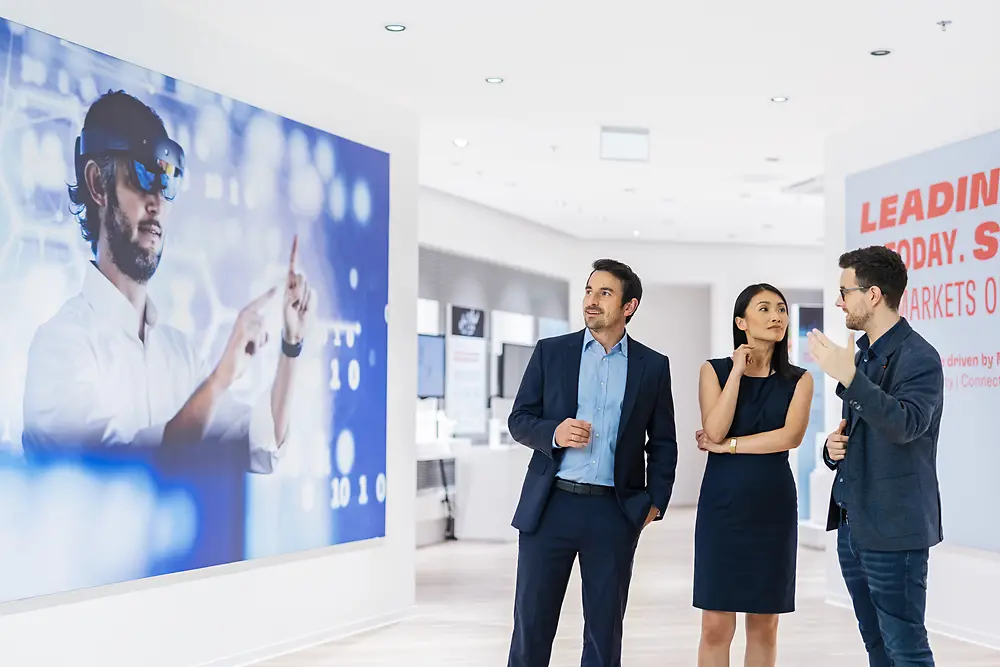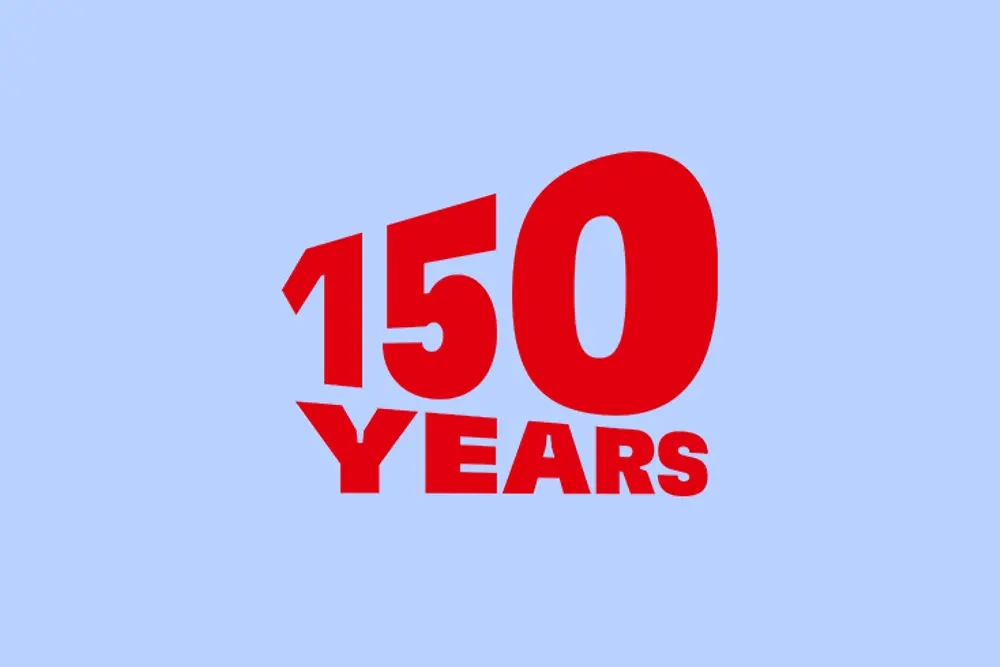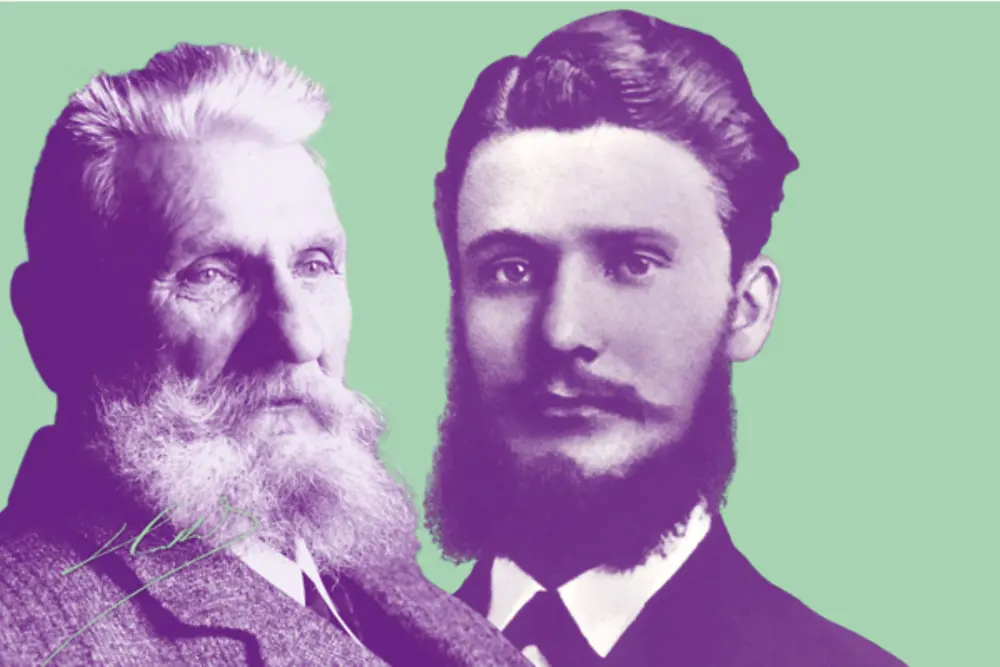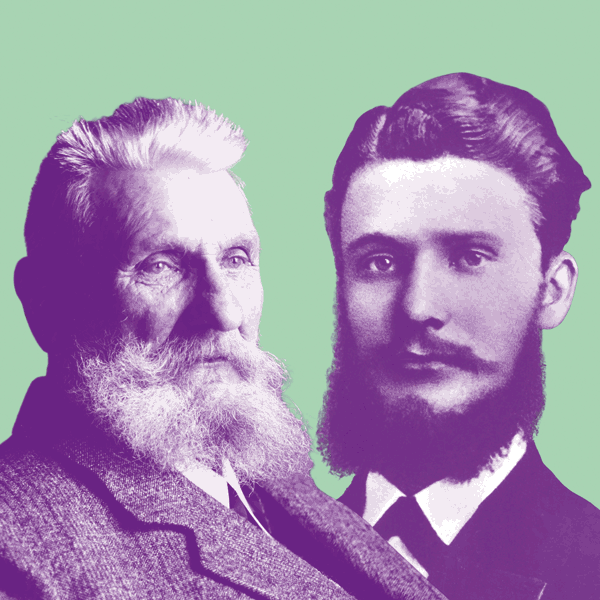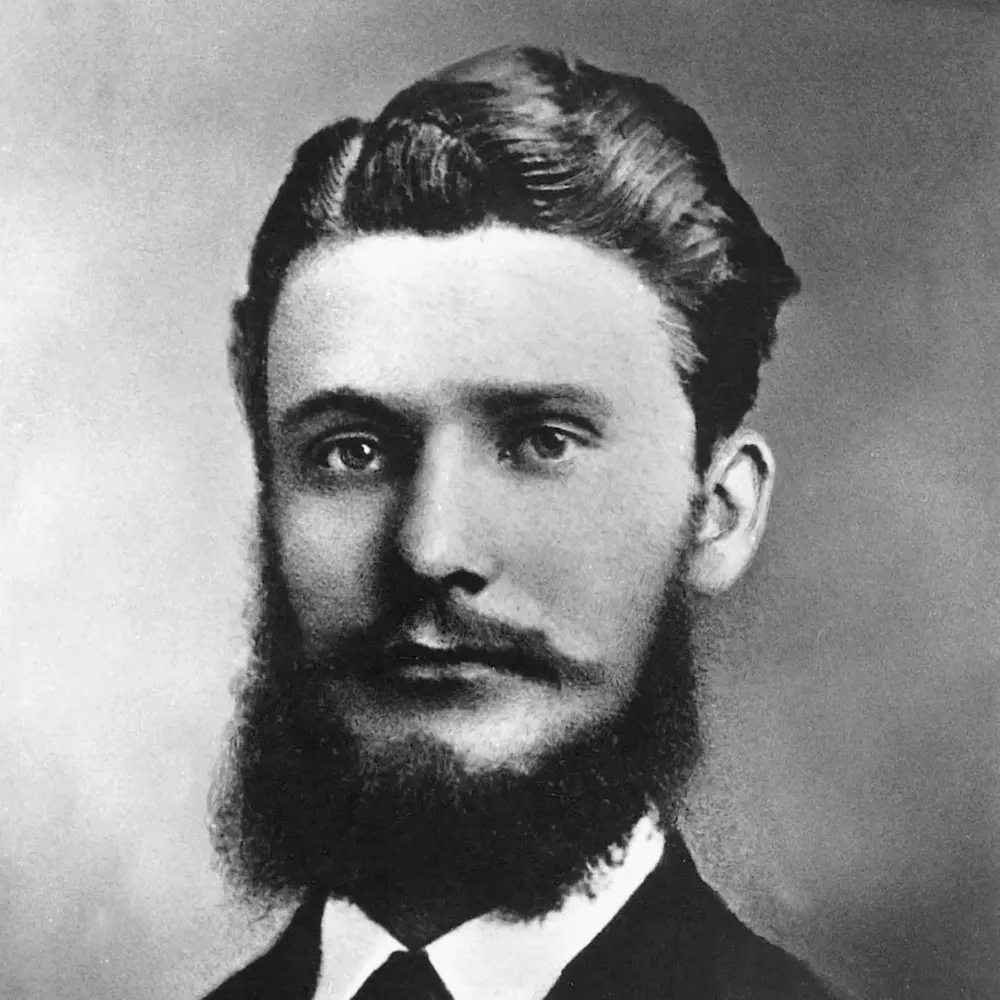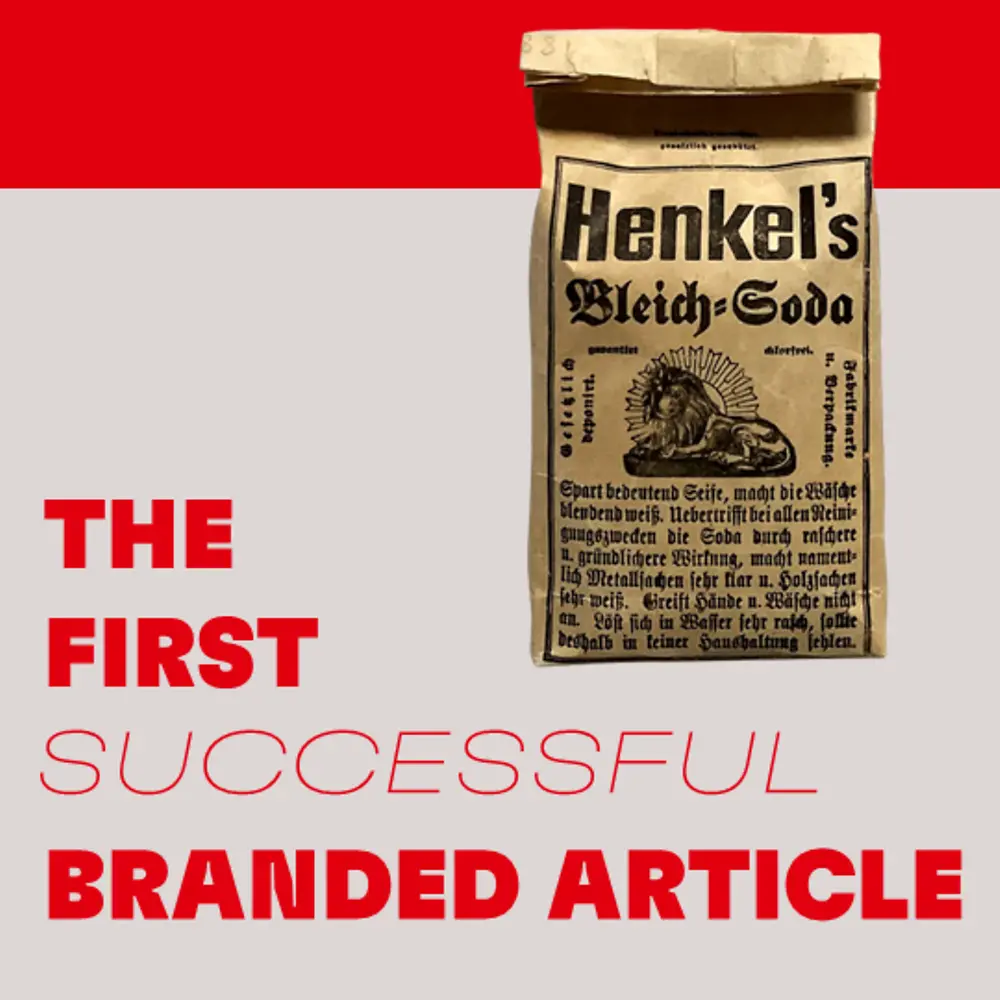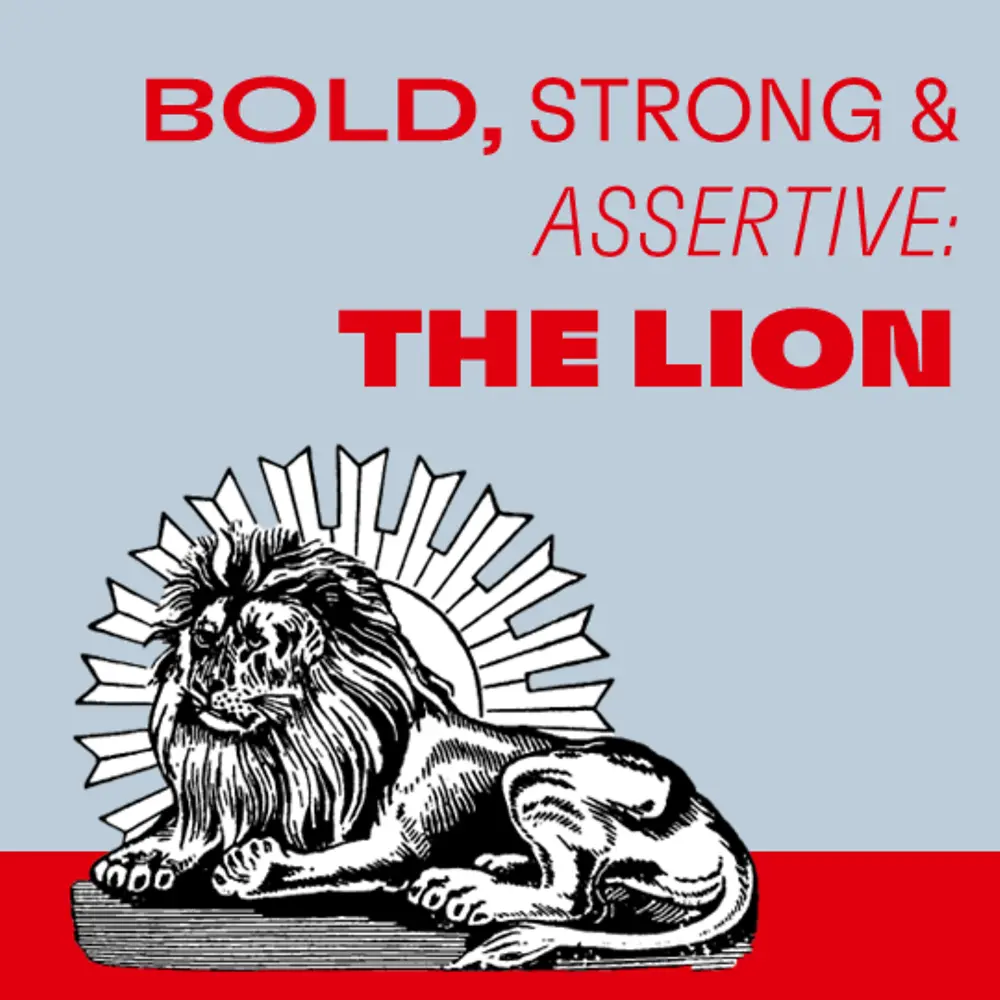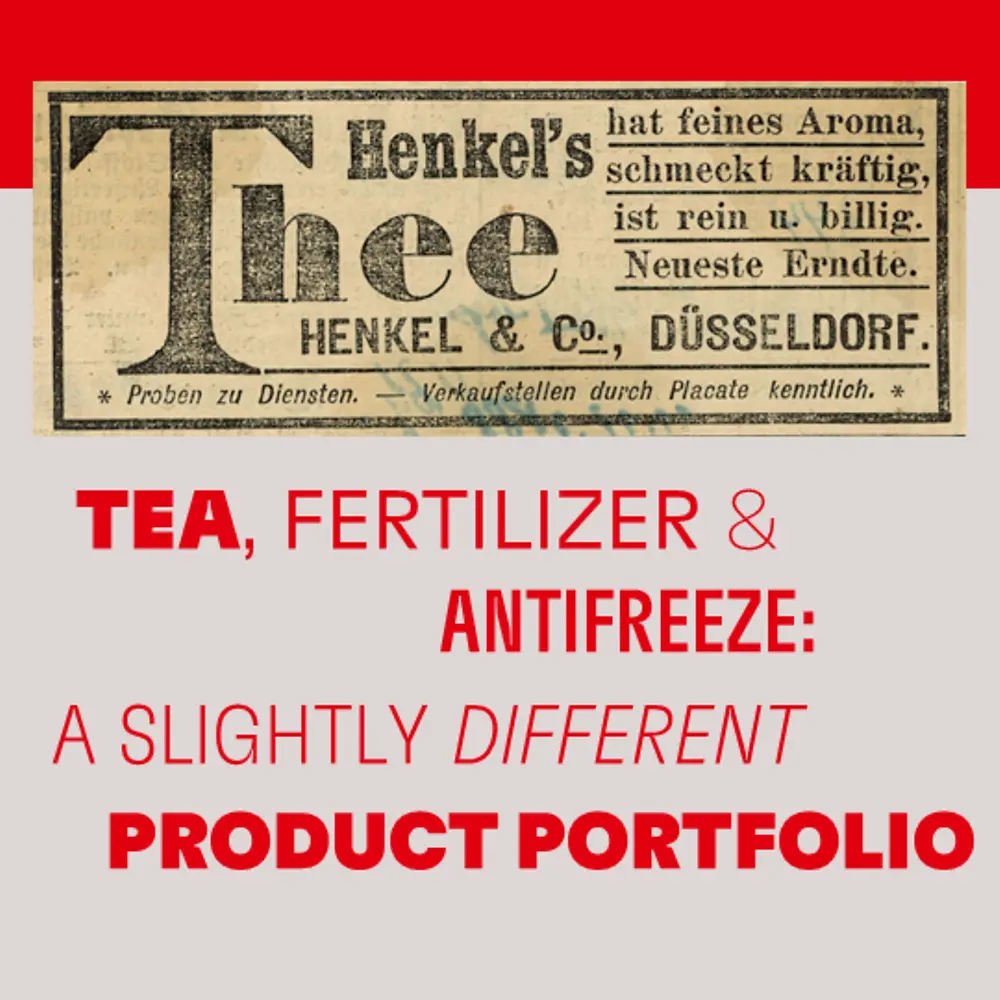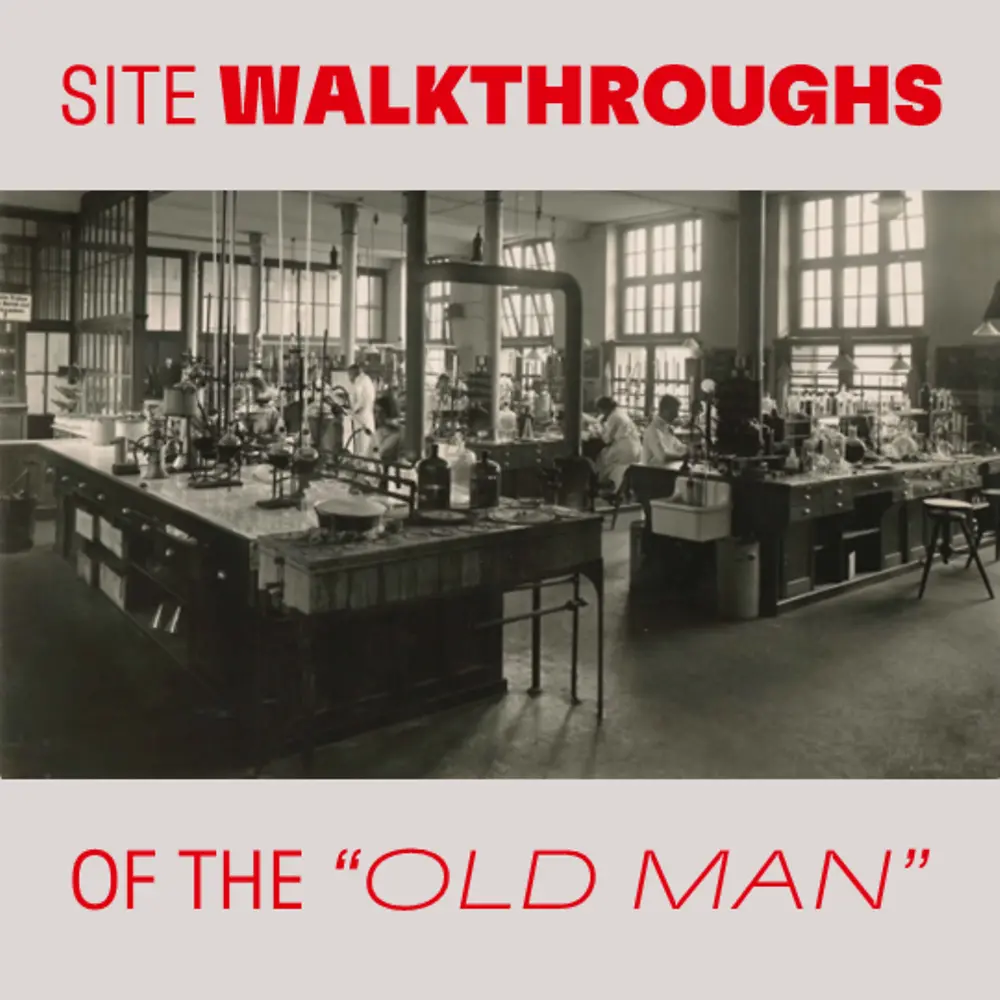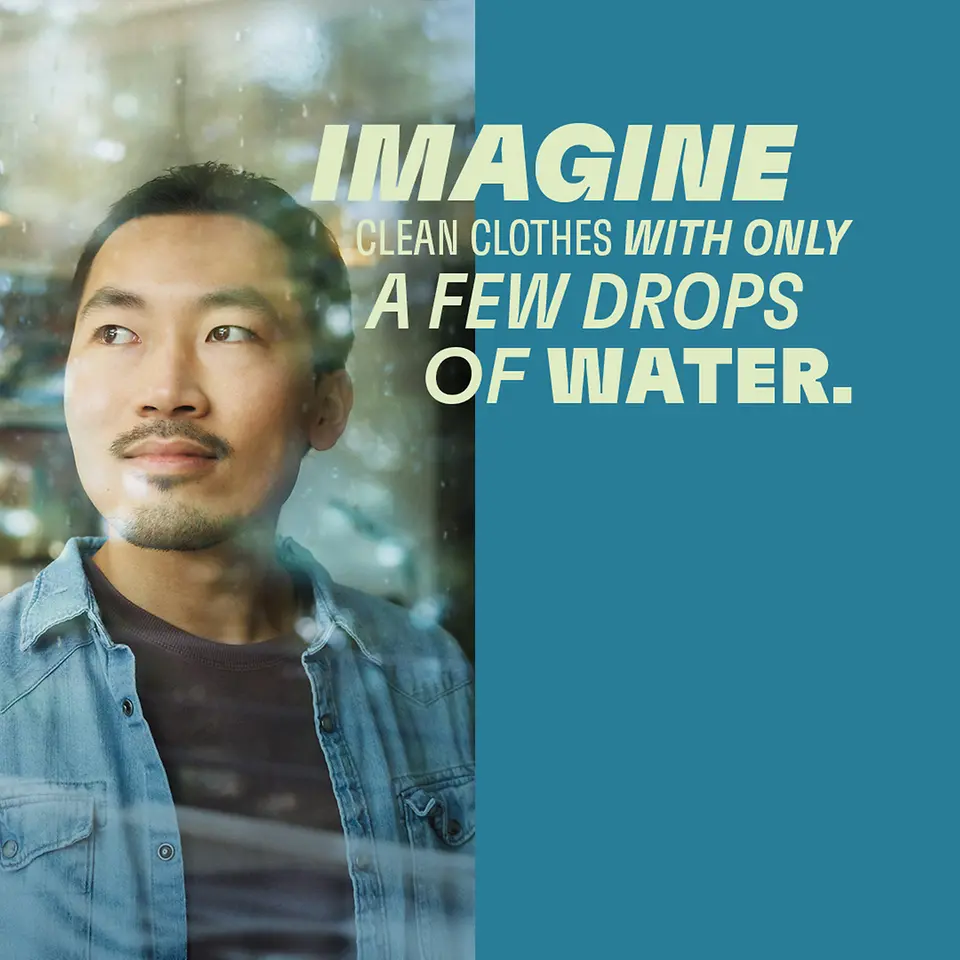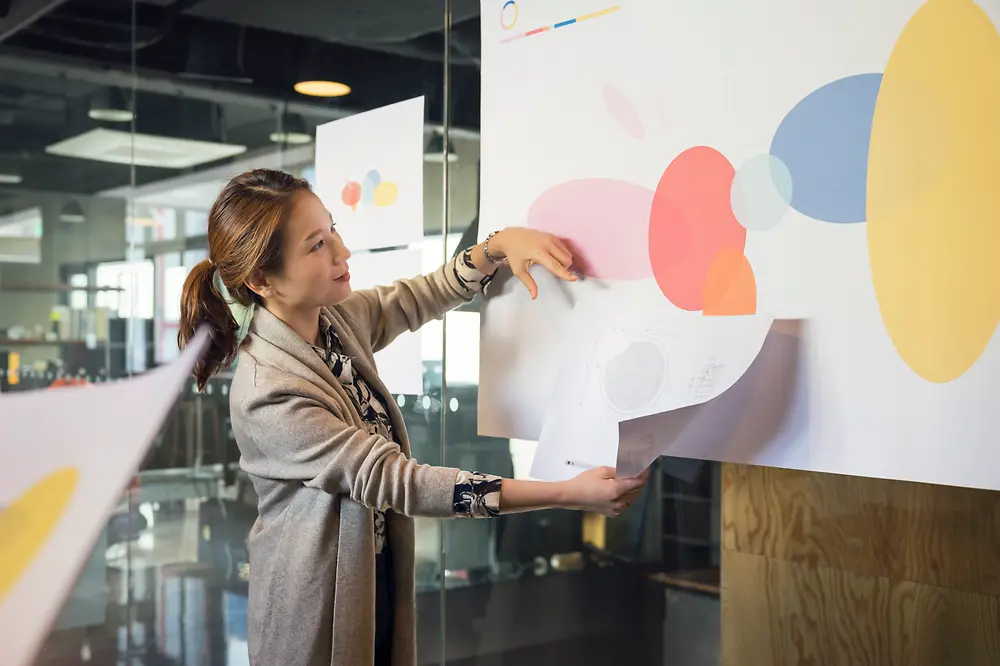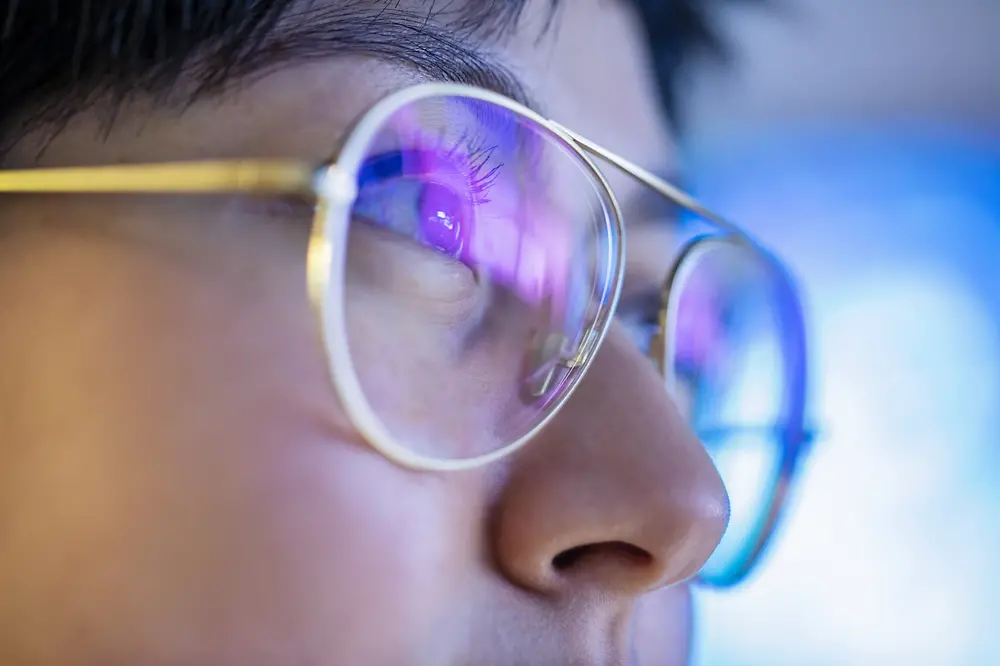The corporate success of Fritz Henkel was preceded by one thing above all: the vision of using his products to create solutions that make life easier and better. He was always aware that his employees, with their diverse skills, perspectives, and ideas, made a decisive contribution to building up the company and developing its products. At an early stage, Fritz Henkel involved his sons Fritz Jr. and Hugo in the company. While Fritz Jr. was trained as a salesman in the company, Hugo studied chemistry and became Henkel's first chemist with a doctorate. With their commercial and chemical-technical experience, the two sons brought important expertise with them to further develop the business.
Since 1893, young talents have also been trained directly at Henkel, initially mainly in technical professions such as locksmith and electrician. Henkel now offers 25 apprenticeships and five dual study programs in Germany. In addition to scientific, technical or commercial professions, vocational training can also be completed, for example, in the site’s fire department or in the field of gastronomy. Those looking for a more practical experience instead of a traditional university degree can choose from Henkel's dual study programs in various disciplines, such as Business Administration, Business Informatics, Electronics & IT, Chemical Engineering or Chemistry & Biotechnology.
And even after completing a degree program or apprenticeship, Henkel encourages lifelong learning among its employees in order to equip them with the right skills to meet the challenges of rapid technological change and the demands of volatile markets. It is not just a matter of advancing professionally, but above all of finding joy in learning and remaining curious.
